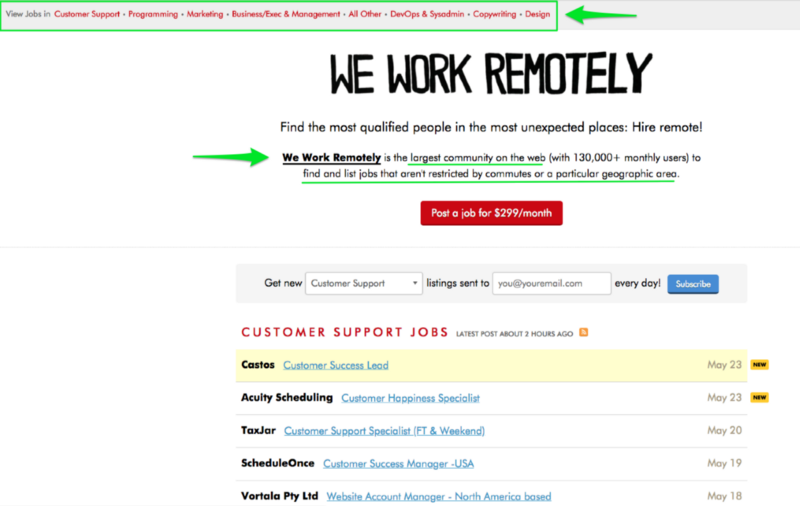

In Latin America, Brazil was the first South American country to offer a remote work visa in September 2021.


The bill proposes 12-month visas for remote workers with the option to apply for a three-year residence permit that’s conditionally renewable for another two years. Spain is working on a Start-ups Law that’s expected to pass by the end of the year, making it easier for professionals and their families to relocate there. More than 20 countries across the globe offer specialised visas that let foreigners live and work remotely within their borders, including the European nations of Portugal, Norway, Georgia and Malta. Here, a guide to new developments in the work-from-anywhere world. In a report released in June, Gartner, Inc., a technological research and consulting firm based in Stamford, Connecticut, found that by the end of 2021, 51 per cent of what it calls knowledge workers worldwide are expected to be working remotely, more than double the number from 2019.Īs remote workers flood the market, governments, travel companies, hospitality brands and entrepreneurs are responding with innovative ways for location-independent professionals to make the world their home. “Now we compete on a totally different dimension, which is flexibility.”Ĭompanies such as Spotify, Twitter and Airbnb have also adopted work-from-anywhere policies. “We used to always compete for talent on the basis of how awesome our offices were to work,” he said. They would just need the appropriate visa to work there,” said Steve Hafner, a co-founder and CEO. “If we have a legal entity somewhere, we can make payroll, pay taxes, and offer health care. Kayak, the travel search engine, embraced remote work early in the pandemic, letting its staff set up anywhere the company has a legal entity, which includes 25 countries around the world, and counting. Now, as coronavirus cases have fallen and working patterns are being reestablished, many companies are acknowledging the seismic shifts in the workplace and giving their employees increased flexibility about where they work in both the long and short term. “Now I can spend months or years at a time living and exploring new places while working full-time.” “When I worked in the office, my time off - and more important - the flexibility around where, when and how I could work was limited,” she said. Months into the pandemic, Jess Romano moved from California to Croatia, becoming the third person to receive that country’s “digital nomad” visa when it launched in 2021.


 0 kommentar(er)
0 kommentar(er)
